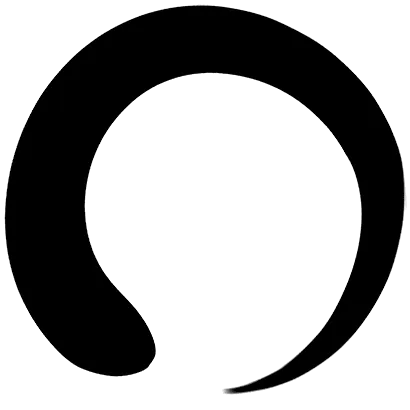THE WAY AND ITS VIRTUE
Essential Taoist wisdom for walking life's path
ABOUT THIS PROJECT
The What
The Way and its Virtue is an Open Source web-based comparative reader application for the Tao Te Ching developed by Sean Swanson. The source code is available on GitHub.
The Tao Te Ching (pinyin: Dàodéjīng) is a Chinese classic text and foundational work of Taoism written around 400 BC and traditionally credited to the sage Laozi.
This project was inspired from Igor Bedesqui's The Manual, a similar comparative reader he Open Sourced for Epictetus' Enchiridion. I encourage you to check out Igor's work, especially The Manual.
The Why
The internet, vast and accessible to those with a connection, provides a powerful platform for sharing ideas. With the right mix of technical know-how and willpower, one can bring to life cultural artifacts—be it in philosophy, literature, or art—using web technologies in innovative ways. The Tao Te Ching is among the many philosophy classics I've been eager to explore further ever since my introduction to philosophy over a decade ago.
Having since honed my skills in design and web development, I knew this project was a perfect opportunity to delve into the text and present it beautifully online. This project scratches my own itch for a web reader tailored to my preferences, and I imagine there's at least one other person out there who will find value in it as well.
The How
For this project, I chose Astro, my favorite web framework for content-driven sites, which makes great use of native Markdown parsing capabilities and community plugins. I scoured the web for accessible translations and chose these five, each adapted into Markdown for further processing. Despite using scripts to automate tasks, parsing each chapter into separate files presented unique challenges—from unusual text characters to invisible non-standard breaking spaces and complex line breaks needing manual fixes before scripting. Ultimately, this process led to the creation of over 400 Markdown files, each equipped with frontmatter to aid the Astro parser in efficiently managing the content.
While the overall design aesthetic of this project is heavily inspired by The Manual, the specific components I adopted directly—with minimal changes—are the Share and CopyChapterContent tools in the chapter utility bar. These elements were seamlessly integrated to enhance functionality without altering their original form.
Beyond these components, I used Igor's framework as a foundational guide to structure the routes and user paths, crafting a project that echoes The Manual yet stands out with its unique features. Embracing the challenge, I developed this project without directly referencing his code, ensuring that while the inspiration is evident, the execution is distinct. Maintaining the spirit of open-source collaboration, this project, like The Manual, is freely available, promoting transparency and serving as a resource for future scholars and enthusiasts.
Translation Sources
-
C. Spurgeon Medhurst's Translation from sacred-texts.com.
Medhurst, C. Spurgeon, translator. "Tao Te Ching." Sacred Texts, https://sacred-texts.com/tao/mt/index.htm. Accessed January 2024.
-
J. Legge's Translation from sacred-texts.com.
Legge, J., translator. "Tao Te Ching." Sacred Texts, https://sacred-texts.com/tao/taote.htm. Accessed January 2024.
-
Ursula K. Le Guin's Translation from github.com.
Le Guin, Ursula K., translator. "Tao Te Ching." GitHub, https://github.com/nrrb/tao-te-ching/tree/master. Accessed January 2024.
-
Victor H. Mair's Translation from terebess.hu.
Mair, Victor H., translator. "Tao Te Ching." Terebess Asia Online, https://terebess.hu/english/tao/mair.html. Accessed January 2024.
-
Classical Chinese Translation from Chinese Text Project.
"Tao Te Ching - Classical Chinese Version." Chinese Text Project, https://ctext.org/dao-de-jing. Accessed January 2024.